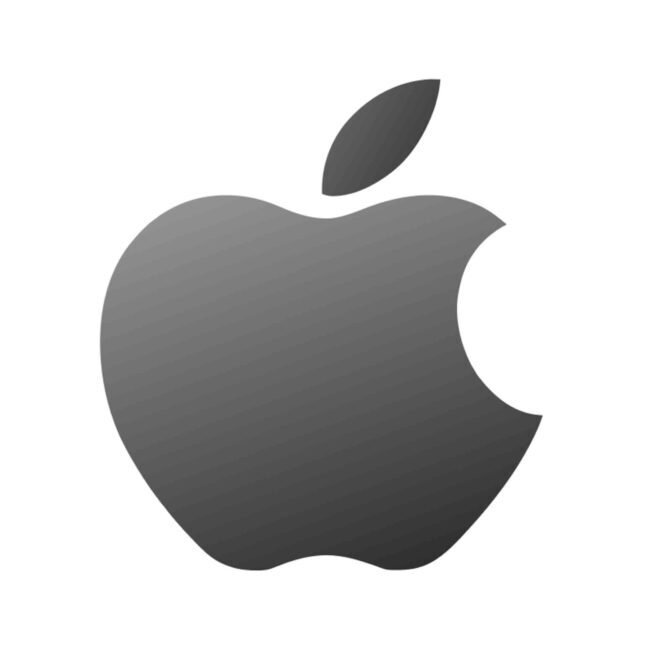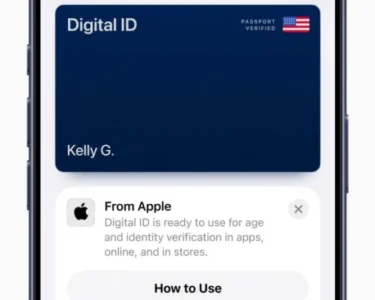Apple is reportedly moving away from its customary yearly product release schedule, potentially paving the way for more frequent and adaptable launches of devices and features. According to Bloomberg’s Mark Gurman in his Power On newsletter, this shift may enable the tech giant to more efficiently handle its growing product lineup and intricate software ecosystem.
The Cupertino-based tech giant has traditionally followed a consistent timeline, introducing new software in June and launching refreshed hardware—especially iPhones—in September and October. However, as Apple’s product lineup continues to expand, maintaining this routine is becoming more difficult.
Apple’s Shift to a More Flexible Release Strategy
- Gurman highlights that Apple’s functional organizational structure, where teams are responsible for multiple product lines, is becoming strained by the pressure of annual updates for a wide range of devices and operating systems. This has led to delayed features and an increase in software bugs in recent launches.
- To tackle these challenges, Apple seems to be adopting a more flexible release approach. The company is now more transparent about staggered rollouts, as seen with the Apple Intelligence features announced for the iPhone 16. Although heavily marketed, these AI capabilities were not available at launch, with Apple clearly communicating a phased release.
- This shift is also evident in Apple’s hardware update cycles. Certain devices, like the Apple Watch Ultra and SE, are moving to a two-year refresh pattern, while the iPhone SE sees multi-year gaps between updates. Even AirPods are revised every year or two, allowing Apple to deliver more substantial upgrades and reduce the strain on development teams.
Apple’s Future Plans for a More Sustainable Launch Strategy
- Looking ahead, Gurman suggests that Apple is planning to distribute hardware releases throughout both halves of 2025, in sync with major iOS 18 updates rolling out over the year. This shift could help Apple sustain innovation, potentially increase revenue outside the holiday season, and introduce an element of unpredictability to its launch timeline.
- While this change may initially raise concerns among investors accustomed to Apple’s regular release cadence, Gurman believes it could foster a more sustainable and efficient development process for the company in the long run.







